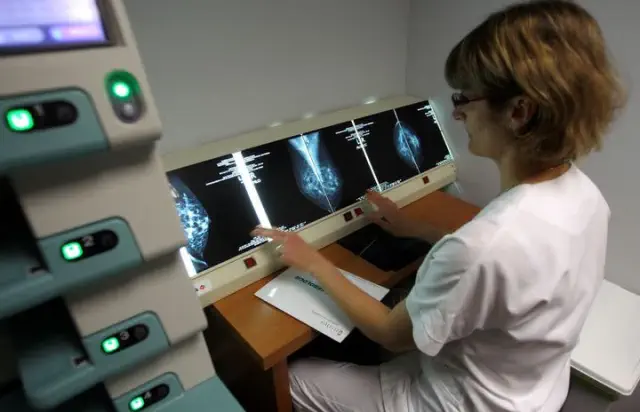Findings from a multi-institutional, international study led by researchers from the Mayo Clinic Comprehensive Cancer Center have significantly advanced the understanding of genetic alterations in the BRCA2 gene, a key player in hereditary cancer risk. The researchers completed a comprehensive functional assessment of all possible variants within the crucial DNA-binding domain of BRCA2, resulting in the clinical classification of 91% of variants of uncertain significance (VUS) in this part of the gene. This finding dramatically improves the accuracy of genetic testing and will allow healthcare professionals to offer more precise risk assessments and personalized treatment plans for people carrying these variants.
The study, published in Nature, utilized CRISPR-Cas9 gene-editing technology to analyze the functional impact of almost 7,000 BRCA2 variants, definitively identifying those that increase cancer risk and those that do not. This new information will eliminate much of the uncertainty surrounding VUS, allowing for more informed decisions regarding cancer screening, preventive measures and treatment strategies.
"This research is a major advancement in understanding the role of many BRCA2 variants in cancer predisposition," says Fergus Couch, Ph.D., the Zbigniew and Anna M. Scheller Professor of Medical Research at Mayo Clinic.
Up until now, individuals with Variants of Uncertain Significance (VUS) frequently experienced anxiety regarding their potential cancer risk. However, with the recent classification of these variants, we can now offer a more definitive assessment of cancer risk, allowing us to customize prevention approaches and breast cancer treatments to better suit individual needs.
Fergus Couch, the Zbigniew and Anna M. Scheller Chair in Medical Research at the Mayo Clinic.
The findings have immediate implications for genetic testing laboratories and healthcare professionals, aiding them in offering more precise and personalized care to patients with VUS. Many people with VUS may be notified about the reclassification of their VUS as the ClinVar BRCA1/2 expert panel and testing laboratories use the new information in testing reports and updates. In addition, this new insight will aid in identifying patients with breast, ovarian, pancreatic or prostate cancer who might benefit from targeted therapies such as PARP inhibitors.
Dr. Couch states, "We currently possess a comprehensive catalog of all potential VUS in this region of BRCA2, which can assist in directing clinical care."
According to the researchers, this study establishes a foundation for upcoming research aimed at characterizing and classifying all BRCA2 variants across various populations and cancer types, thereby enhancing risk assessment for all individuals.
The research was conducted in collaboration with Ambry Genetics Inc., Duke University, H. Lee Moffitt Cancer Center, the University of Pennsylvania, and various studies from the CARRIERS consortium. Financial support for the study came from the National Cancer Institute, the Mayo Clinic Breast Cancer SPORE (P50 CA116201), the R35 Outstanding Investigator Programs, the Mayo Clinic Comprehensive Cancer Center, and the Breast Cancer Research Foundation.
For a full list of funding, disclosures and contributing authors, see the paper.










